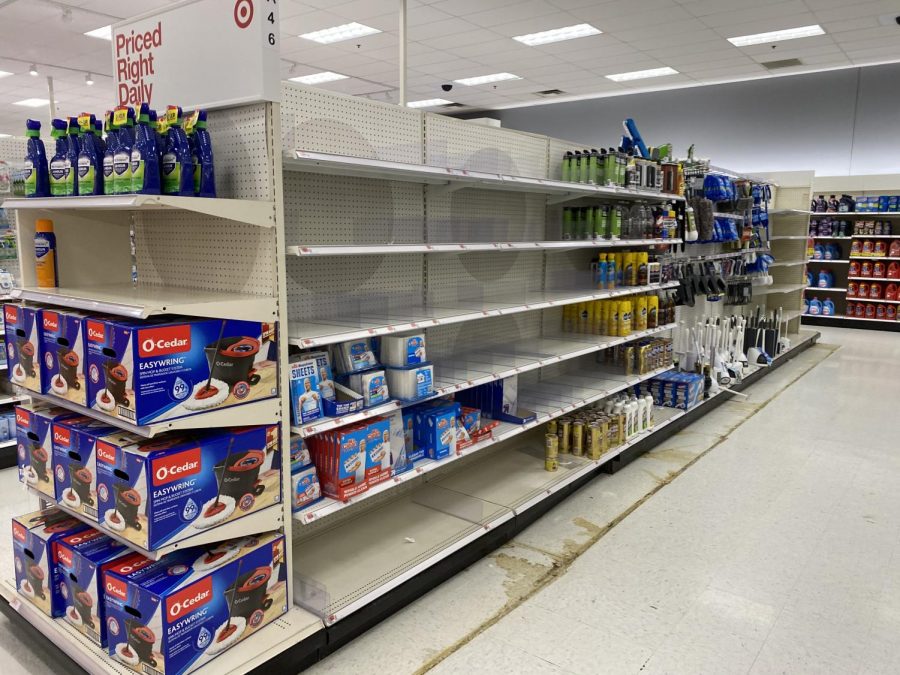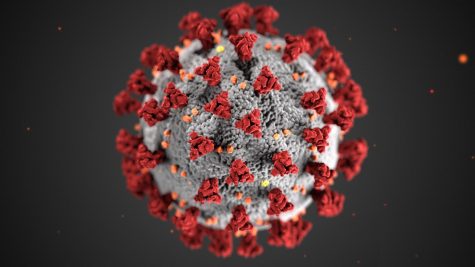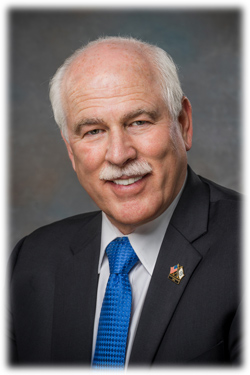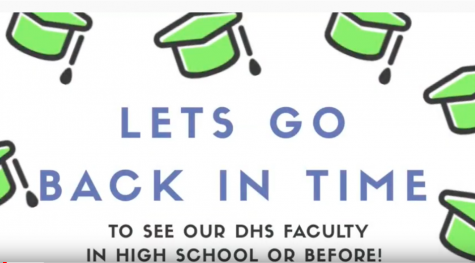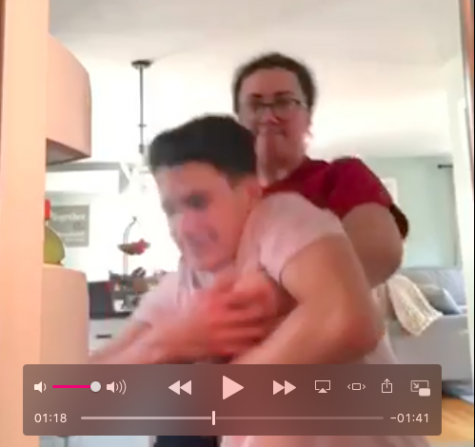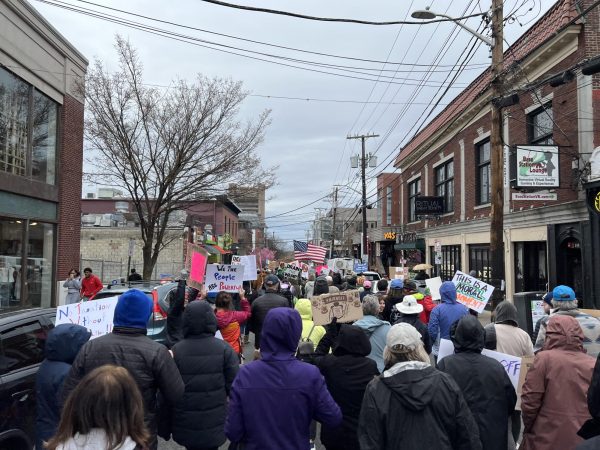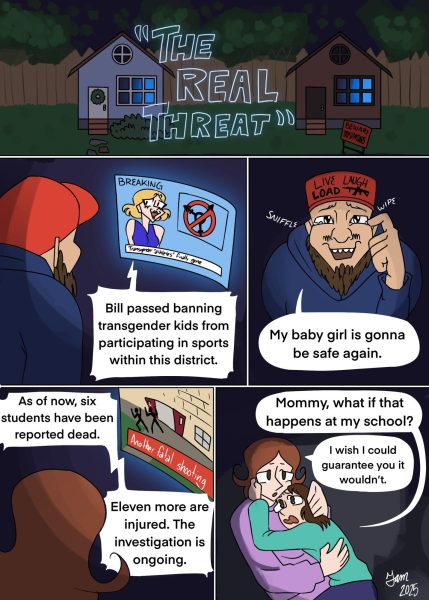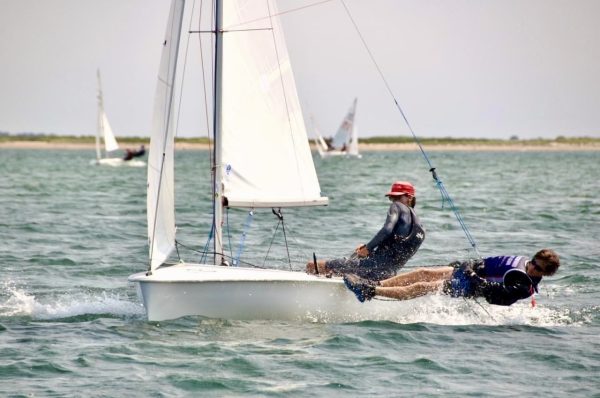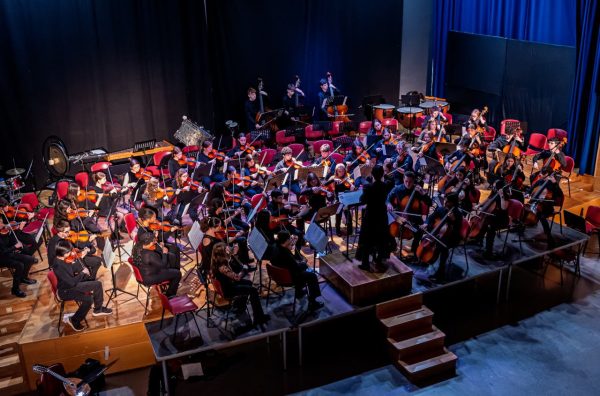On the Front Lines: DHS students still working during pandemic
Shelves at Target are cleared of cleaning supplies and paper products.
“Customers would be angry how Lysol wipes are quickly gone,” said senior Alexis Arruda. “We have a restriction for customers to ensure it’s fair, so I’m not going to tell my managers, I don’t care. I’m doing what I’m being told, and my manager is doing what they’re told.” While the COVID-19 crisis is occurring, DHS students are adapting to an near-apocalyptic workplace. They have experienced the high demand of toilet paper, angry customers, empty stores, or being laid off.
Alexis has been a cashier at BJ’s of North Dartmouth since July 2018. Before COVID-19, the work life at BJ’s for Alexis was mundane. “So, I usually work on Sunday because of band. Sundays are usually slow, and nothing noticeable until tax free weekend,” said Alexis. Then fear of lacking cleaning supplies burgeoned in America.
DHS students have adapted to the quick demise of sanity and the rise of a dystopia in America. Senior Adam Noseworthy, a produce section worker at Stop & Shop, has an explanation for the panicking. “If a customer witnesses another customer panicking, that customer is going to panic,” said Adam, “and then, even more customers are going to panic.”
Families were restless to find necessities to survive the pandemic.“During the first week, the lines were going 8-10 people deep. The shelves were being emptied and people were scrambling,” said Adam.
Lines had to be separated to maintain social distancing. “There is a line for a customer to be in a line,” said Alexis, “and my managers ask the customers to either join the self checkout line or the regular checkout line to maintain social distancing.”
A lot of pressure is on cashiers to follow the correct procedure. “We’re supposed to tell people to stop at the edge of the belt, put all the items on, then we ring them. I step up and tell them to come up and pay, and leave the receipts for them,” said senior Nick McMaster, a front-end clerk for Target. He believes the procedure helps, but he cannot help but be nervous. “I mean, it definitely helps. It makes me paranoid, if someone comes near me, I did something wrong. An anxiety of high scrutiny.”
These workers could say they are experiencing the day before the apocalypse. “At Target, we are allotted a baby bottle of Purell, so we can sanitize,” said Nick. “One day, the store ran out of hand sanitizer and a customer approached me, so he could buy my hand sanitizer. And of course, I said no. I need it.”
Nick took a leave of absence for two weeks between March 16 and 30. He and his family had a discussion about taking the leave of absence. “I was concerned for my own safety, and my family knew what we had to do,” said Nick.
Nick’s coworker, senior Mason Cabral, is also on a leave of absence. “I’m on a leave of absence because I have asthma and live with my grandma who has a bad respiratory system,” he said. The leave of absence was paid because Mason is in the at-risk group.
DHS students could find that their jobs could consist of working in the chaos, taking a leave of absence, or even getting laid off. Senior Maggie Sullivan has been laid off since mid-March. They work at a Thai restaurant called the 9th Monarch as food prep and sushi roller. “Usually eight workers are there,” they said, “but since we switched to solely take-out, only three to four workers and the two bosses are at the restaurant.”
Massachusetts Governor Charlie Baker promised assistance for small businesses like the 9th Monarch, but it seems like the state government is not fulfilling those promises. “I talked to my boss June, and she claims that all these initiatives for small businesses’ rent, taxes, and electricity have not been experienced,” said Maggie. “The 9th Monarch is getting hit harder because it’s an Asian restaurant, and people are avoiding it. It would be tragic if the 9th doesn’t stay afloat because the government won’t help. The government would be at fault if the 9th fails.”
The panicking has abated somewhat after Governor Baker announced the stay-at-home advisory. “It calmed down since Baker put the stay-at-home advisory,” said Adam.
“Target now is a little eerie. Customers will come in with gloves and masks on,” said senior Nick. “It’s a peculiar feeling. Target was a comfortable place to work, but it’s just eerie.”
In the beginning of the work day, the freshly restocked BJ’s is congested with shoppers ready to buy more. But at the end of the day, BJ’s is like an abandoned utopia. “The afternoon of the 29th [of March], it was completely dead and slow, but on the morning of 9th [of April] it was busy,” said Alexis. Alexis continues working at BJ’s so she could have a break from quarantine.
“I don’t care how much I get paid because it’s nice to have a job. A lot of people are out of jobs, and at least I have one, and it’s keeping me sane. A social break from quarantine,” she said.
Nick is cautious of working at Target. “It’s good to interact with people, but with that comes a lot of anxiety from family and work for being responsible to wipe, sanitize, and wash. I can go to work and accidentally touch something, then bring the coronavirus to my family.”
Adam believes this an opportunity to gain and save money for college. Adam is receiving a 10% bonus from his paychecks, while Alexis and Nick are receiving minimum wage plus $2 an hour. “I feel like for management, it would be easier to call out. But for part-time workers, it’s harder to call off. You only manage to work a little. You have to ask yourself if $200 is worth it,“ said Adam.
Nick is grateful to have options. “I’m thankful I don’t need to work to support my family, and grateful to work,” said Nick.

